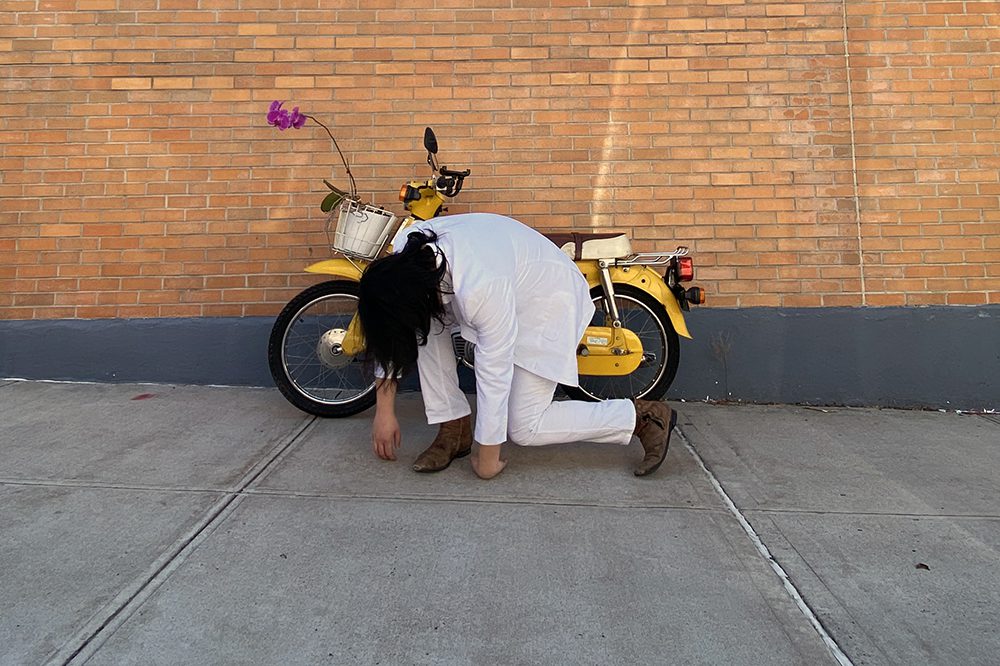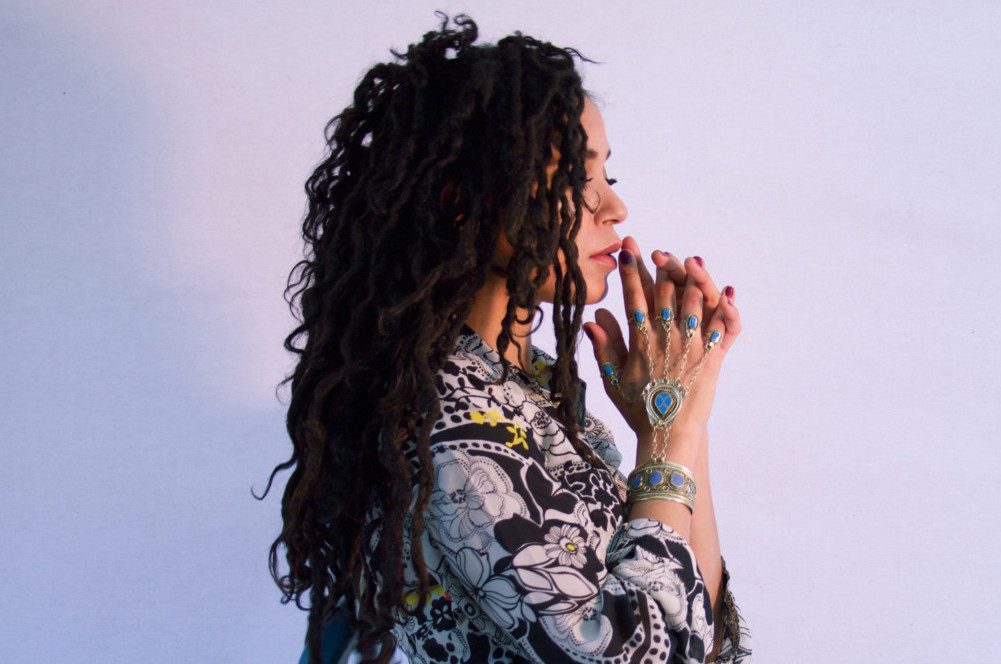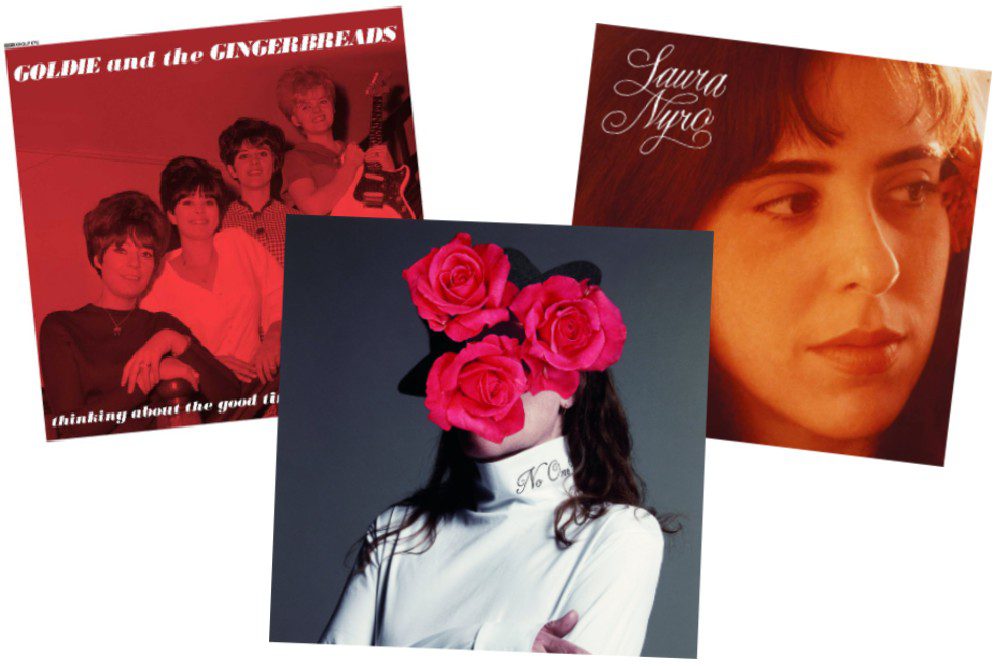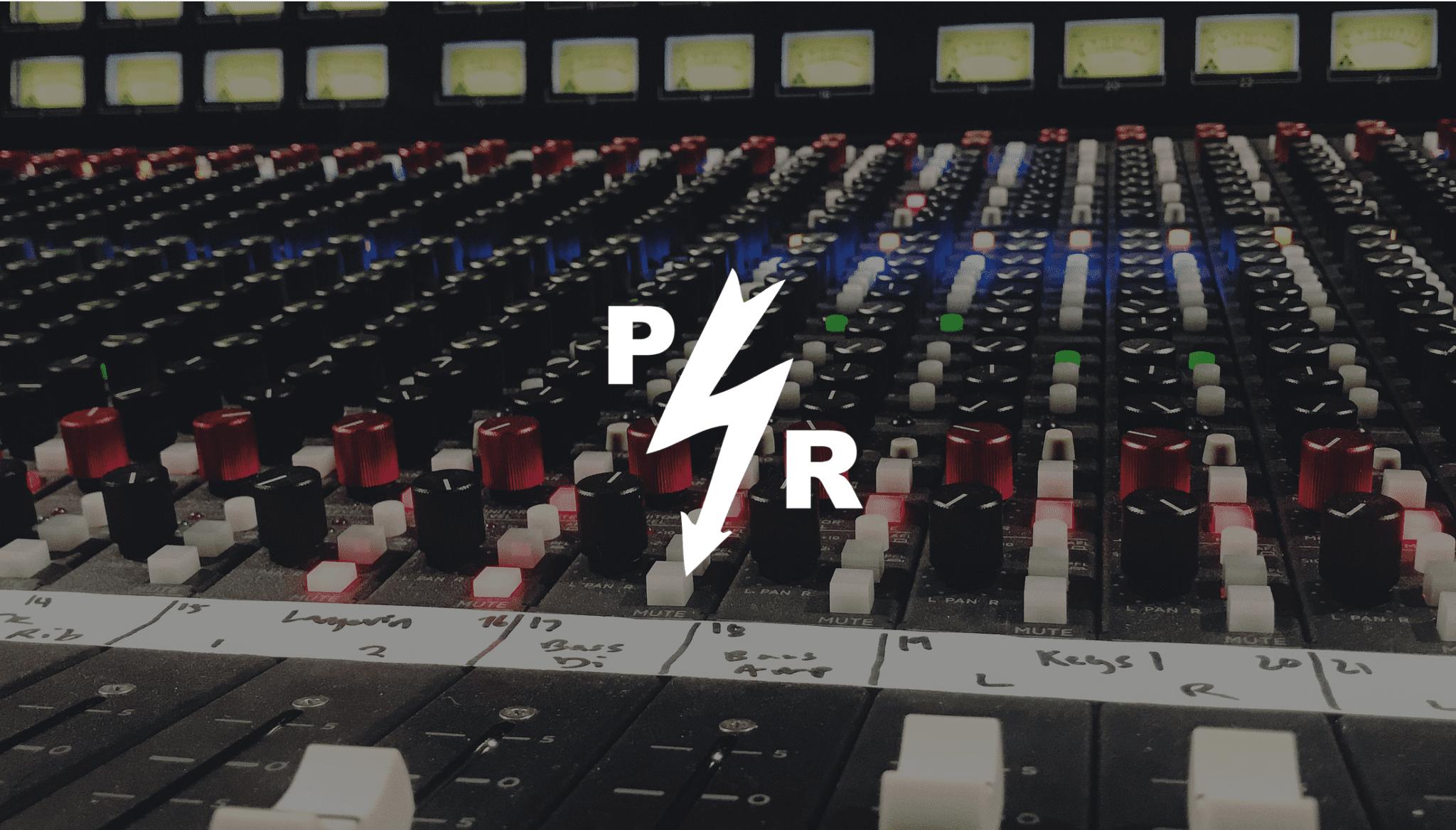
So far, Audiofemme has had the chance to connect with some incredible Atlanta bands through Playing Atlanta. This week, we’re taking it a step further into the music scene to chat with Nick Magliochetti, the owner of Pariah Recorders, a brand new studio opening its doors to the Atlanta scene.
AF: You’ve just opened a studio with a ton of analog gear in a time when more and more people are DIY-ing it, in bedroom studios and on laptops. What made you decide to stick with analog?
NM: It’s the way I like to work. I can work extremely quickly and efficiently in a scenario where I can be hands-on with equipment that I know very well. In a digital world with endless plugins and decisions with amp modelers and drum samples, people have a hard time picking and committing to a sound. If you’re looking for a specific sound, I know how to get to it fairly quickly with analog equipment. It’s a more unique experience that way. It’s not always the same and is more fun to experiment with tactile equipment. Why use the sounds everyone else has on their hard drives and laptops when we can create our own sounds? To me, it helps the artist or the band not focus so much on what’s on a screen. I like moving air with a band and tracking drums and guitars and everything all at once, and analog equipment makes that really easy. My style of working isn’t for everyone, but I’ve never been really super excited to plug into a laptop to record a guitar part. There’s more of a mysterious element when you don’t exactly know what will happen, rather than clicking on an AC30 patch on your virtual guitar amp.

AF: We’ve all seen the legendary studios — Abbey Road, Electric Lady — but, in the grand scheme of things, very few musicians will have the chance to record their music there. How do you plan to bridge the gap between those massive studios and incredibly talented indie musicians who want a similar recording experience?
NM: Those are all great rooms with amazing equipment and an incredible history. That is inspiring for many artists, though some artists get a little intimated when you say, “Johnny Cash recorded with this microphone.”
I like to think that at Pariah Recorders, we offer a similar experience with a more at-home feeling. My room was acoustically designed, and we have some amazing equipment, but I’m able to offer it at a more affordable rate than the big name studios. We can really make ourselves at home at my studio; we have pinball and arcade games, video games, a kitchen, an office, bedrooms. I want to make it an immersive experience for the artist, so they can really feel at home with their music and be hands-on with the creation of it.
AF: You’re the lead guitarist and major creative force behind the music for your personal projects. How does your role change as the producer?
NM: I think being on the outside and being let into a project is always a really cool experience. I have a lot of ideas, and, in my personal projects, I may throw out a lot of them. Sometimes we do all of them and sometimes none of them. That’s how it can be for a producer, too; sometimes you just guide the artists, and it’s more of a spiritual connection to the music, and then sometimes it’s a more technical or musical position. A fresh set of ears that you can trust is always an interesting take. I feel I know enough about producing and recording that I have something to bring to the table in most scenarios, whether it be technically or musically.
The Howling Tongues’ “Get What You Paid For,” recorded and produced at Pariah Recorders.
AF: How did you get into audio engineering and production?
I got into recording a couple years after learning live sound. I started recording all of my friends and really honed my skills. I read everything I could, watched every video, read every manual, went to two schools for engineering, and even ended up teaching the analog class. Then I got into a band and started engineering all of our stuff and got super deep into it. My ultimate goal is to continue to grow as a musician, producer, and engineer and help people make their favorite records.
AF: Do you have any special tricks up your sleeve to produce a great track?
NM: I have a lot of tricks that I can use in the studio, but my best advice is to make it sound how you want it to sound at the source. It should sound like it’s been mixed before it gets to the mixing. Build the mix into the track with everything flat before you start reaching for EQs and compression; that’s how they used to do it back in the day, and ever since I started adopting that philosophy, my work has gotten better and needed much less. Make sure it is exactly what you want at the source, and have great players who believe in the song. If you have those two things, you will have a great track.
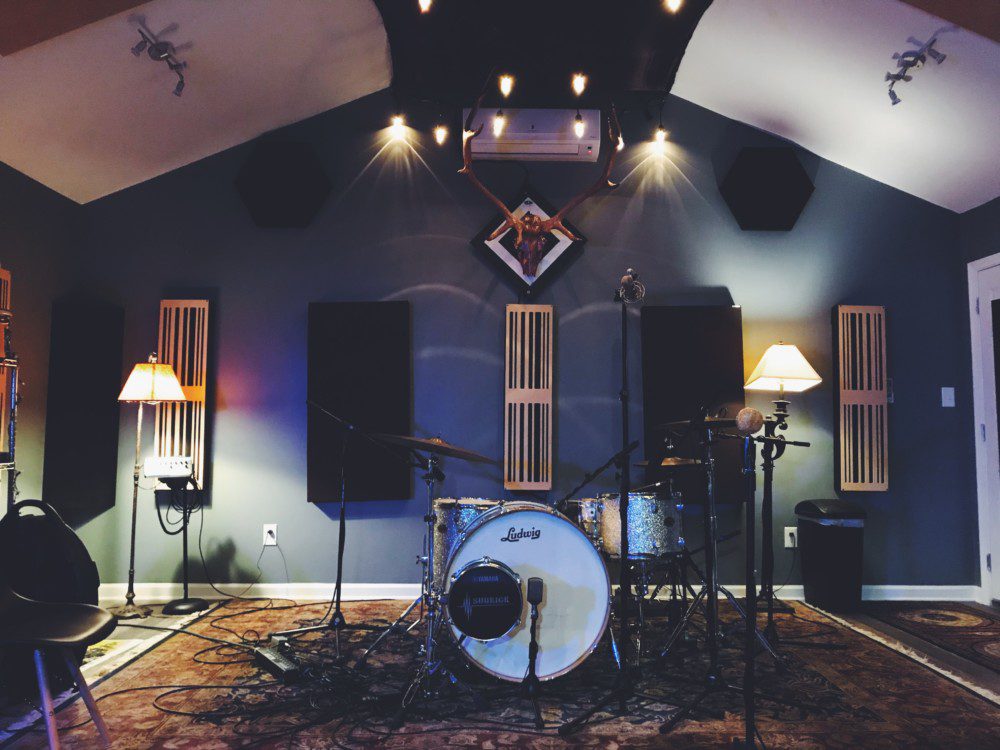
AF: Atlanta is a city full of indie and DIY musicians, with a seriously diverse and growing creative community. Why did you think the city was a good fit for your studio, and how do you hope to add to the creative scene here?
NM: I think it is a great scene that continues to grow rapidly and inspire me. With the film industry blowing up here and the music scene, I think it’s going to be a wonderful place to put my roots down with my new studio. My hope is that I can help some of the artists around here make some music that they’re proud of. It is all about experimenting and having fun, and I think I can really help my clients make records that are unique, exciting, and most definitely fun. Even sad songs can be a fun experience to record! The scene is amazing, with punk, rock, pop, country, hip-hop… this city has a lot to offer. I think if I can connect some of the dots and help foster the music scene in Atlanta, that would be amazing.
AF: One more! Who are your heroes in the recording world, and why?
NM: I have a lot, but I think my Mount Rushmore of the recording world includes Vance Powell, George Martin, Daniel Lanois, and Sylvia Massy. All of them are so different from each other but at their core, they bring out the BEST in an artist. Vance Powell is incredible, He’s a live sound guy turned Grammy-winning recording engineer; his technical experience and analog workflow are the best. But he tailors his flow to the artists he works with, and makes amazing sounding records. George Martin was the fifth Beatle and did some of the best string arrangements and sound production to exist; it still blows my mind. He also created a lot of the tricks we know and use today. Daniel Lanois is like this spiritual mentor type of guy that you just love to have in the room. He just has this vibe and is incredibly gifted at finding cool sounds. Sylvia Massy is a total badass. She takes the rules of recording and flips them upside down; to me, she’s like a modern day George Martin. Some of the most unique stuff comes from her recordings. She’s so knowledgeable and every video she’s ever been in is a must-watch for an aspiring engineer or producer.
Keep up with Pariah Recorders and stay tuned for more Pariah acts on Audiofemme.

